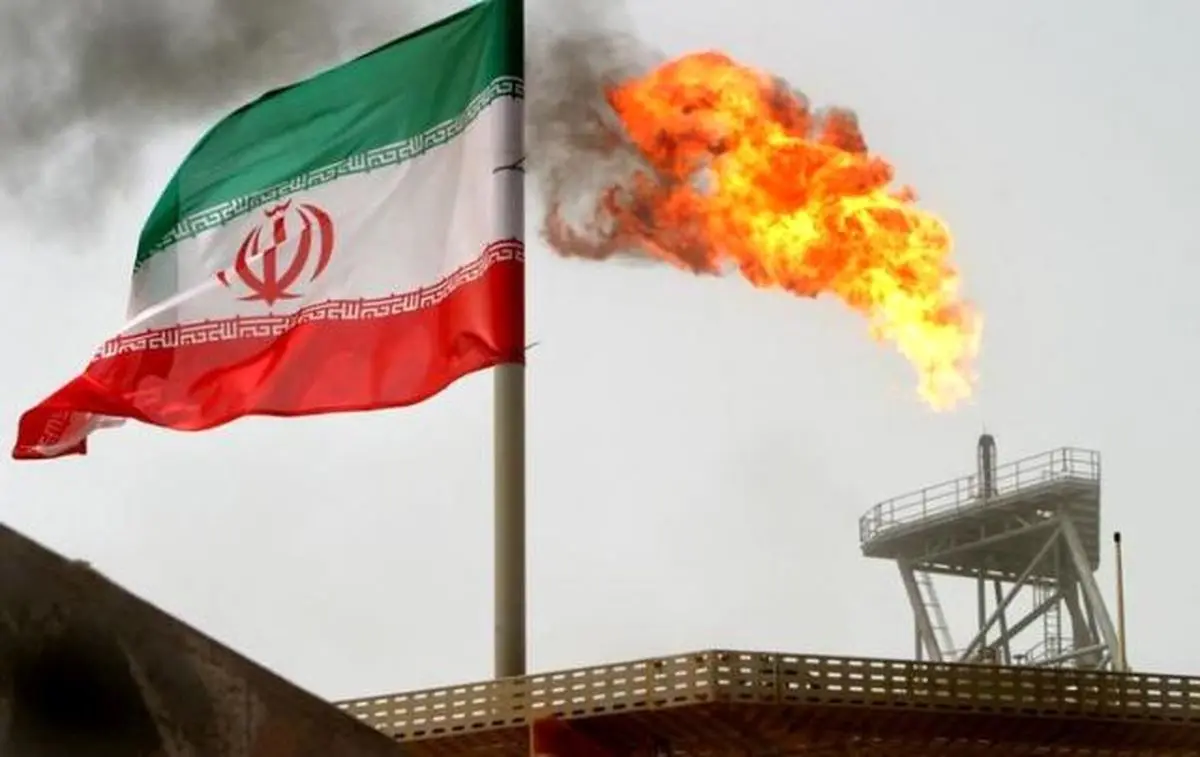Knowledge-based firms depicting new horizons for Iran’s oil industry

Over the past two decades, the Iranian Oil Ministry has become more and more determined to collaborate with knowledge-based and research-based companies, universities, and research institutes to advance its development goals; this determination is now bearing fruit and the results of the ministry’s endeavors in this regard can be seen in a variety of areas including oil, gas, petrochemicals, exploration, production, and distribution.
To pursue its new goals, the Oil Ministry has signed numerous memorandums and agreements with domestic knowledge-based firms and research institutions in recent years and such entities now play a significant role in making the country’s oil and gas industry more and more self-reliant.
Although the plan for using the capacities of domestic innovative companies in the oil industry has been put atop agenda for so long, more serious measures have been taken to realize these goals since the new government administration has taken office.
“I guarantee that the Oil Ministry will fully support knowledge-based companies,” Iranian Oil Minister Javad Oji, said back in December 2021, on the sidelines of a ceremony for signing four memorandums of understanding (MOU) and contracts with knowledge-based companies.
In the mentioned ceremony, Iranian Oil Industry Innovation and Technology Park signed the mentioned MOUs with the country’s knowledge-based companies to cooperate in a variety of areas.
The MOUs covered cooperation in areas like providing capital for innovative companies and market development, using the infrastructure of Iran’s National Tech Market network in creating and developing the oil industry technology market, supporting and empowering businesses to meet the needs of the petrochemical industry, and artificial intelligence, as well as Internet of Things (IoT).
The mentioned MOUs were signed with Iran National Innovation Fund (INIF), Pardis Technology Park, Persian Gulf Petrochemical Industries Company (PGSIC), and Parsian Data Processing Group Company.
Speaking on the sidelines of the signing ceremony which was held on the occasion of the National Research Day, Oji mentioned the new plan of the Oil Ministry for the development of oil and gas fields and noted that this new program will be focused on the improvement of the recovery factor of oil and gas wells.
According to the official, using the capacities of small-scale knowledge-based companies and startups is the main characteristic of the Oil Ministry’s new program.
Referring to a recent visit to some of the country’s knowledge-based companies he said: “There are knowledge-based companies that are able to increase the production capacity of [oil and gas] wells with advanced initiatives and new methods.”
Oji noted that, soon, the Oil Ministry is going to announce the needs of the oil industry in a public call which is going to include the technological demands of the upstream and downstream sectors.
Low-efficiency oil and gas wells, which Oji says are a major concern for the Oil Ministry, could be a platform for launching a new level of interaction and collaboration between the oil industry and the country’s research institutions.
According to the oil minister, out of a total of 5,500 wells in the country’s oil and gas fields, more than 700 are inefficient, which has led to a decline in production in the country.
“Now, with the convergence of industry and academia, we can hope to return to the glorious era of production,” Oji said on December 20, 2021.
In yet another supportive step, the Oil Ministry has also announced plans for providing all its research facilities to the startups and knowledge-based companies active in the oil industry to help them in pursuing their goals.
According to Head of National Iranian Oil Company (NIOC) Mohsen Khojasteh Mehr, the entire research and technology capacities of the Oil Ministry, from the Iranian Oil Industry Innovation and Technology Park to the Research Institute of Petroleum Industry and the University of Petroleum Industry, will soon be available for the innovative and technology companies.
All these new measures are indications of the Oil Ministry’s determination for integrating science with industry to meet the ever-growing technological needs of the oil industry.
Although this process still requires many major steps to reach maturity, the ministry has shown that it is fully pledged to its goals.
END
